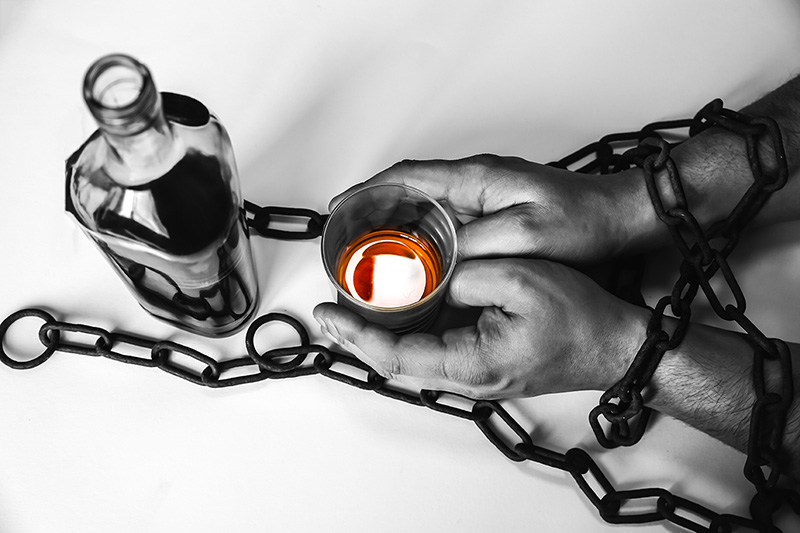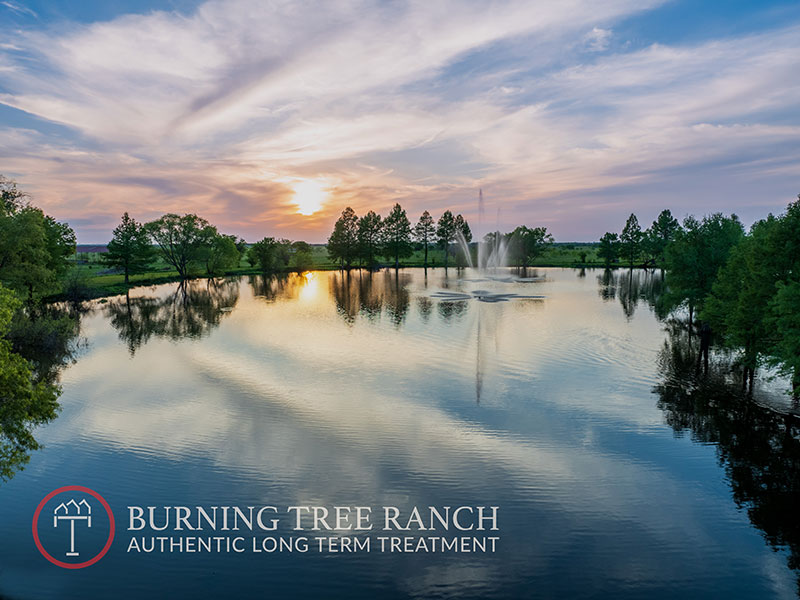Recurring relapse is a challenging and heartbreaking reality for many families that struggle with an addicted loved one. I’ve built a life and career around working with advanced chronic addiction, and so I understand the frustration, despair, and helplessness that comes with repeated failed attempts at sobriety.
In this article, I’ll discuss one of the key indicators we use to assess the severity of chronic relapse for our clients and their families, and the subsequent need for specialized long-term treatment: the number of treatment centers attended that have unfortunately failed to permanently address substance abuse in the individual.
What is chronic relapse in relation to an addiction?
A chronic relapser is an individual who has undergone multiple attempts at treatment but continues to struggle with relapse and substance abuse. These individuals often exhibit a range of identifiable traits and behaviors, such as difficulty maintaining sobriety, resistance to change, and a cycle of treatment and relapse. These are the types of clients that we specialize in working with at Burning Tree Ranch.

Multiple Failed Treatment Attempts: A Key Indicator of Chronic Relapse
When we enter a treatment episode with a new client, our team is practiced at looking at the individual’s actions instead of their words. One of the most telling signs of chronic relapse is the number of treatment programs an individual has been through. When assessing a loved one’s addiction severity, we often ask families, “How many treatment centers has your loved one attended?”
The response from families falls into one of the following categories:
- No Treatment Attempted – No treatment programs have been attempted yet.
- Once or Twice – There were one or two previous attempts at treating the addiction that ended in relapse.
- About Five Previous Attempts – Several attempts have been made at finding recovery, but none have led to lasting sobriety.
- Ten or More Failed Attempts – The individual has tried again and again to treat their addiction in various types of programs, and the consequences of the addiction are life-threatening.
While we do regularly treat individuals with only a few prior attempts at recovery at Burning Tree Ranch, it’s usually the ‘five or more’ milestone that we really start to see the consequences of addiction for the individual and the effects of chronic relapse on the family as a whole warrant a specialized approach.

When Should You Consider Specialized Long-Term Treatment for Addiction?
Although we specialize in treating severe cases of addiction, our team is always available to help families find the resources they need to pursue recovery.
No Treatment Attempted Yet
Usually in this case, the substance abuse issue is fairly new. While the addiction is a serious issue, it’s often still possible to guide the individual to recovery with publicly available resources and short-term treatment programs.
If an individual has not attended any treatment centers, we typically refer them to more accessible, entry-level programs like our residential short-term treatment at Renewal Lodge. Our specialized long-term, intensive program at Burning Tree Ranch is designed for individuals who have had multiple failed treatment attempts and ultimately relapsed back to substance abuse.
Treatment Attempted a Once or Twice
Our clients who have attempted treatment a couple of times in the past may still be in the early-to-mid stages of addiction. Referrals to Burning Tree Ranch are typically done on a case-by-case basis after considering the circumstance of the loved one.
It’s possible there are short-term treatment options available that will succeed in leading the individual to recovery. Simply put, unless the consequences of the addiction are already life-and-death, considering short-term treatment options are still viable before considering a specialized program like ours.
About Five Previous Attempts
Around five failed treatment attempts is when we really see families begin to struggle with the addiction and start to lose hope. This is often the tipping point where specialized, long-term treatment becomes necessary to break the cycle of chronic relapse. Addiction in the family can wreak havoc on relationships, finances, and physical health. When recovery has been thwarted several times already, families begin to wonder, “Maybe sobriety just isn’t possible.” Clients settle into the thought of “I’ll always be an addict.”
Ten or More Failed Attempts at Recovery
For families with a loved one who has been to treatment ten or more times, always ending in relapse, the situation can feel utterly hopeless. These families often face very severe consequences related to their loved one’s addiction – whether that’s health-related, financial woes, or with irrevocable damage to close relationships. This is where a program like Burning Tree Ranch can make a significant difference.
The hundreds of clients we’ve successfully led to recovery since our establishment in 1999 will tell you there’s always hope as long as your loved one is still alive.

Burning Tree Ranch Specializes in Treating Severe Addiction & Chronic Relapse
At Burning Tree Ranch, we specialize in treating chronic relapsers using a long-term, integrative treatment approach. Our program emphasizes treating addiction as a family disease, recognizing that the entire family system is affected by and plays a role in the recovery process.
What Does it Mean to Undergo Long-Term Treatment?
Burning Tree is the Nation’s only authentic long-term treatment provider specializing in the treatment of chronic relapse. We address life and death matters as they relate to chronic addiction and mental health.
- Focus On Identifying Complex Emotional And Mental Health Disorders
- Emphasis On Treating Advanced Stages of Addiction And Relapse
- Multi-Phased Long-Term Continuum Aimed At Permanent Recovery
- Concentration On Dynamic Behavioral, Attitudinal, and Personality Change
- Treatment Duration Informed By Measurable, Provable Progress - Not Time
“How Many More?”
Going through relapse after relapse is debilitating for families and their loved ones. By the time families come to Burning Tree, they are already experts at the treatment process.
After we ask “How many treatment centers have you attended?”, our question becomes “How many more do you plan to attend?” Our hope is that the answer will be “Just one more – Burning Tree Ranch.”
We did not become the Nation’s premier long-term treatment program for treating the most difficult addictions by doing the same thing as every other treatment facility. If you’re reading this now, then we invite your family to try something different.
Until next time,
Brook




